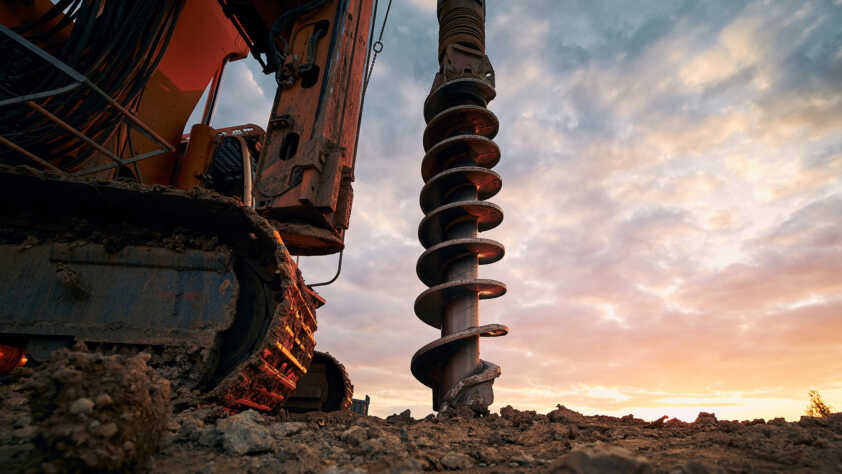The Chamber of Minerals and Energy WA applauds the WA Government’s environmental approval for the North West Shelf Project Extension, which marks a significant milestone for both domestic and regional energy security.
It took six years for the WA Government to complete its robust consideration of the North West Shelf Extension. The Commonwealth Government now has 30 business days to finalise its own environmental assessment.
CME Chief Executive Officer Rebecca Tomkinson said protracted approvals processes were costly and delays could significantly impact investment confidence and urged the Commonwealth to now conduct its own review as efficiently as possible.
“This a vital project for WA’s ongoing prosperity, as well as energy security both here at home and abroad,” Ms Tomkinson said.
“CME calls on the Commonwealth to swiftly complete its own assessment and provide some much-needed certainty for the future of the North West Shelf.
“The North West Shelf Project has generated over $40 billion in taxes and royalties since 1984 and supports hundreds of direct jobs.”
Gas accounted for one third of all generation in the South West Interconnected System (SWIS) – WA’s primary power grid – in the year to December, and will become increasingly important as WA Government-operated coal-fired generation is phased out by 2030.
A recent CME report found existing gas generation capacity in the SWIS needed to double by 2030 to enable renewable generation to reach 75 per cent by the end of the decade.
“As we add more renewable generation into our power grids the need for a reliable form of fast-dispatching and affordable electricity becomes more and more important,” Ms Tomkinson said.
“Gas is ideally suited to that role – especially in WA, where we have abundant reserves available to match demand with supply and a domestic reservation policy that ensures homes and industry maintain access to affordable energy.
“The reality is that without gas firming our power grids, Australia will be forced to drastically slow down the rollout of wind and solar generation.”
Gas is also displacing more emissions-intensive coal in the power stations of our regional trade partners, including Japan, South Korea and China.
“Neighbouring countries with fewer renewable options are reliant on WA gas to help cut their own emissions,” Ms Tomkinson said.
“The race to net zero is a global one and WA has a duty to help its trade partners meet their own climate targets through the continued supply of gas.”
The North West Shelf Project is a joint venture involving five partners: BP, Chevron, Shell, Woodside Energy and a 50:50 joint venture between Mitsubishi and Mitsui & Co.
Woodside operates the Karratha Gas Plant, which processes gas extracted by the project offshore.
Media contacts:
Josh Zimmerman j.zimmerman@cmewa.com / 0404 947 719
Natasha Mutch n.mutch@cmewa.com / 0435 383 382



